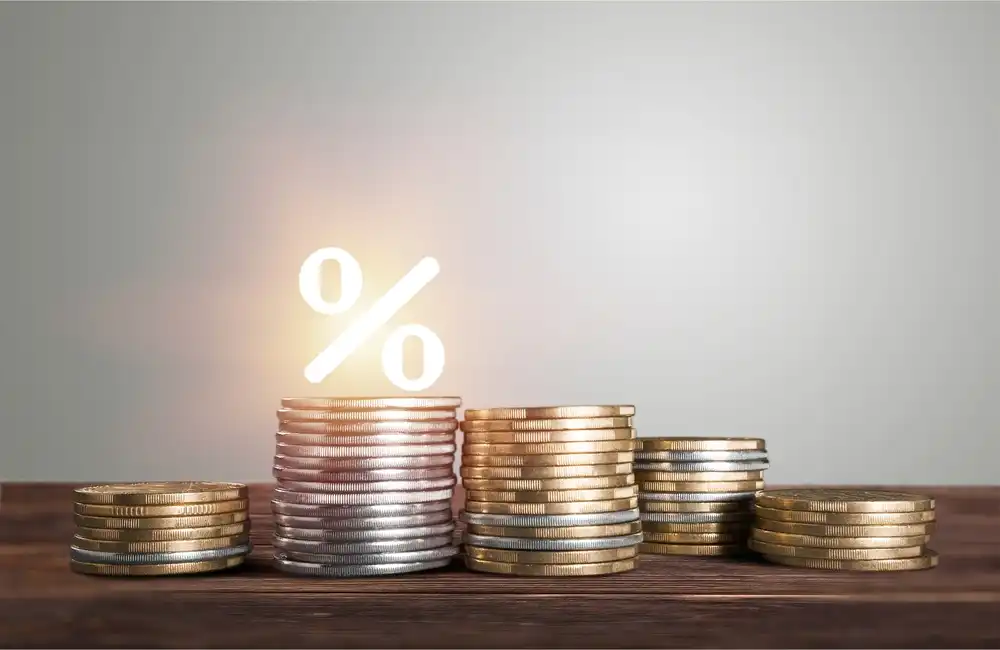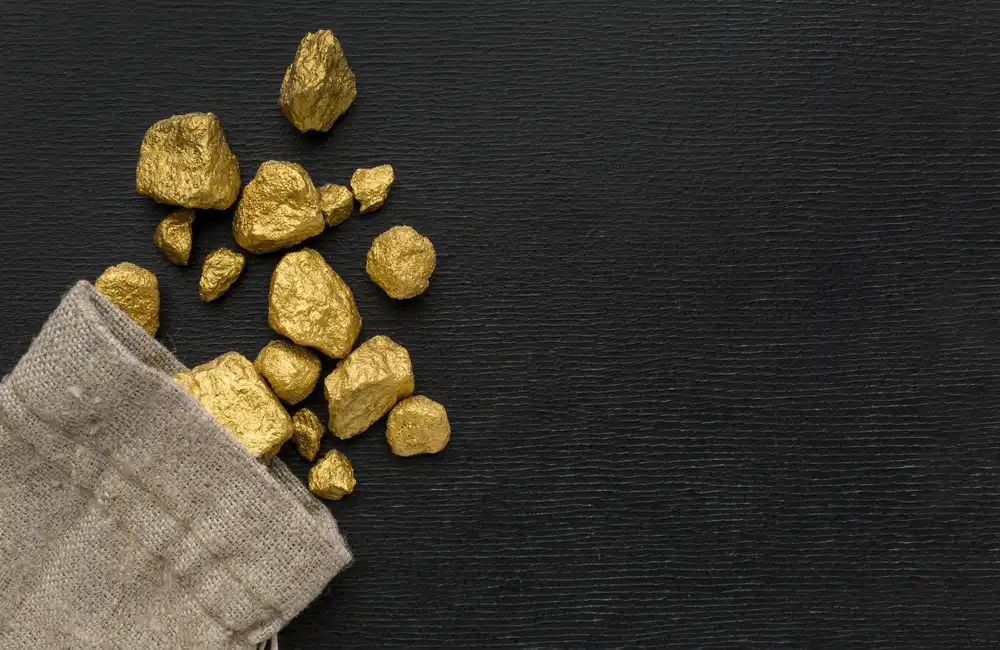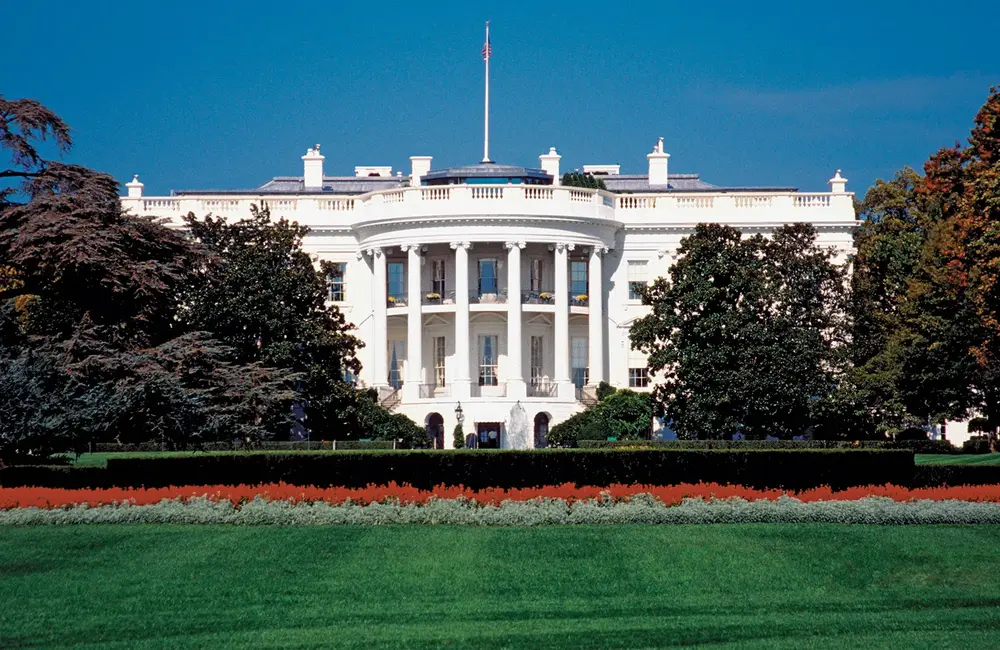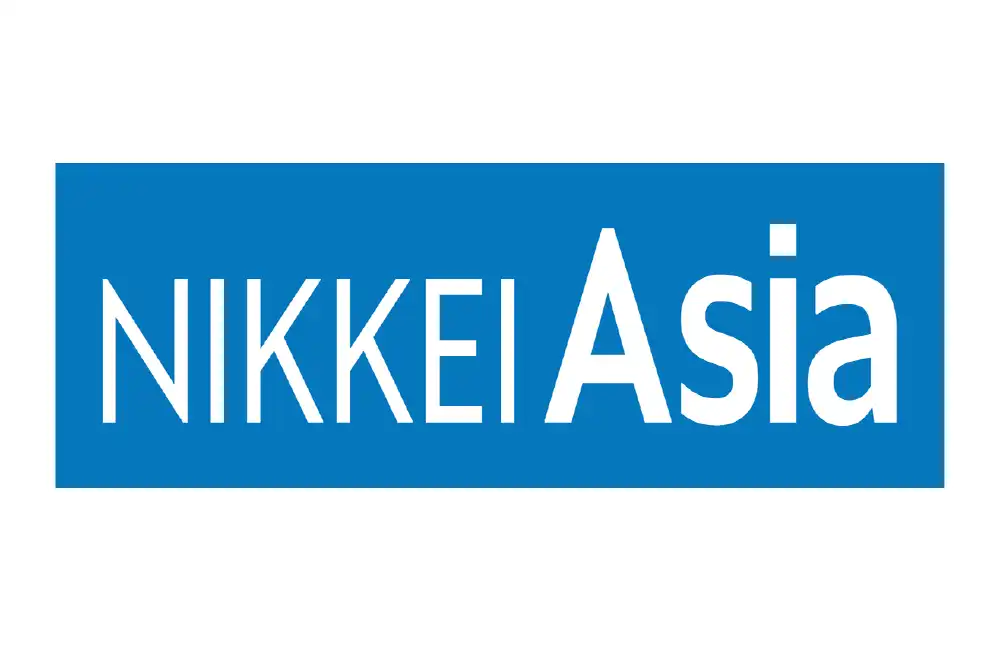Permitting rules and a push for more US metals production were among the focal points in the first meeting of President Joe Biden's Working Group on Mining Regulations, Laws and Permitting in May, participants said, speaking on condition of anonymity.
US Mining Law Reform and Working Group Developments
In attendance at the meeting, which was led by the US Interior Department, US miners view this as a positive first step toward meaningful reform of mining laws and permitting rules. They back Biden’s goal of relocating the battery and renewable energy supply chain to the United States, where feasible, and they believe changes to how hard-rock mining has been regulated, dating to the 1872 hard-rock mining law, can spur new production.
The working group’s formation had coincided with a period of upheaval at the federal government regarding its approach to the mining industry. Just before this meeting, on March 31, Biden used the Defense Production Act to promote the domestic production of minerals that are crucial to the energy transitions. Recommendations the group makes will influence existing and proposed mines throughout the country. But the White House has not scheduled a second meeting. The White House and the Interior Department did not respond to requests for comment about the group’s meeting schedule.
Attempting to increase domestic manufacturing of minerals crucial to clean energy technologies comes as prices for those materials rise. EV manufacturers like Ford have argued that expanding domestic mineral supplies is critical to making the vehicles affordable.
In its first meeting, members of the working group brought up a broad range of issues, but few specific proposals emerged, participants said.
“We talked about mining reforms of the General Mining Law of 1872, about the Defense Production Act for critical minerals, about the permitting streamlining that was in the bipartisan infrastructure bill, as well as the sense of urgency, across the whole administration, about wanting to uphold high standards, but also to do it in a way that met deadlines and a schedule,” Joe Britton, executive director of the Zero Emission Transportation Association, said in an email. The Zero Emission Transportation Association is an industry-backed group that advocates for electric vehicles.
US. Jason Walsh, the executive director at the Bluegreen Alliance Foundation, an alliance of consumer and labor and environmental groups, and a meeting attendee, said the US needed to produce more metals. “It is an empirical fact that we’re going to need more minerals if we’re going to achieve our climate and infrastructure goals,” Walsh said. “The status quo right now in this country is unacceptable, our current mining laws do not provide for royalties around hard rock or any sort of comprehensive system around permits.”
General Mining Law of 1872
Reform of the country’s 150-year-old mining law was one of the top priorities of the Biden administration when it convened the group. The law doesn’t mandate any royalties from hard-rock miners to use federal land, and it sets few environmental restrictions on mining. An attempt to reform the law, a top priority for its backer, Rep. Raúl Grijalva, chairman of the Natural Resources Committee, was temporarily added to early drafts of the $3 trillion Build Back Better Act, only to drop out of the measure, which is itself moribund. The administration’s response was to create the working group.
Although the Interior leads the working group, the agency directed Commodity Insights to a readout of the meeting with no further comment.
The White House invited the 20 mining, labor, and environmental leaders “to discuss the need for reforms and improvements to establish strong, 21st century environmental and engagement standards that would allow for the responsible and sustainable development of domestic hard-rock minerals,” it said in a readout of the meeting.
Specific offerings remain unclear, but the public show of assembling various mining constituencies has sent a positive signal to some in the industry that its services are valuable and needed.
“U.S. mining laws need to be modernized to guarantee good environmental and community practices and early engagement with communities,” said Kim Ronkin Casey, a spokeswoman with Albemarle, in an email.
“We believe the working group can not only benefit our industry but the nation as a whole as it seeks to establish efficient permitting processes.” Albemarle was the world’s biggest lithium producer in 2020.
Permitting Problems
Mining firms with an eye on US projects have long bemoaned protracted timelines in getting permitting for projects. A study by the National Mining Association, which represents hard-rock mining companies, found that American companies waited seven to 10 years for permits, compared with much shorter, more consistent timeframes in Canada, a neighboring country.
Twin Metals Minnesota, a subsidiary of Antofagasta, which is the majority owner of the polymetallic Maturi project in Minnesota, said it hoped permitting would feature prominently in talks. “The United States can address our nation’s needs by tapping into its domestic mineral resource in an environmentally sustainable and timely manner,” Twin Metals Minnesota spokeswoman Kathy Graul said in an email. “But the United States isn’t going to be able to do that with a regulatory process that’s unbounded.”
The Twin Metals project, which has had its leases canceled by the Interior Department, would produce copper and nickel, both key to clean energy technologies.
Review of the mine permitting process has continued to be a bipartisan topic under the Biden administration, with several reform bills introduced from both political parties. Examples are the House Republicans’ National Strategic and Critical Minerals Production Act of 2021, and House and Senate Democrats’ Clean Energy Minerals Reform Act of 2022. Neither has been marked up in committee or brought to the floor for a vote, but the House Natural Resources Committee Subcommittee on Energy and Mineral Resources did hold a hearing on the Clean Energy Minerals Reform Act of 2022 on May 12.
“The message in the administration wanted to send that they’re all in, and want to find a path forward” on mining regulation, Walsh said. “The proof is in whether we’re going to be able to come back to the table together.”





















